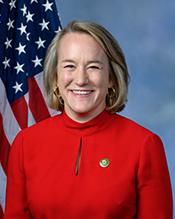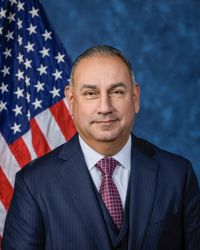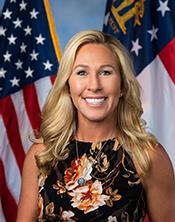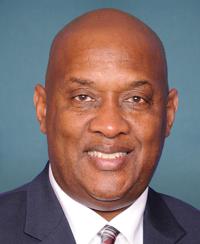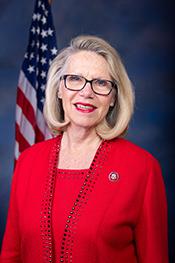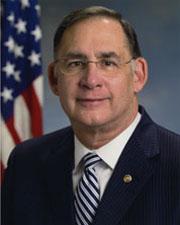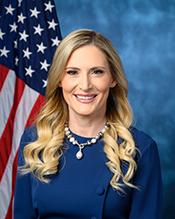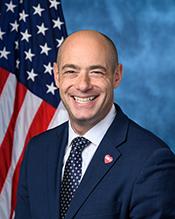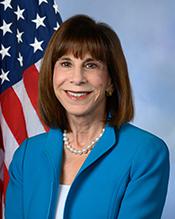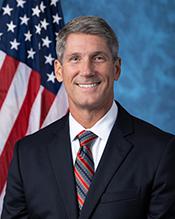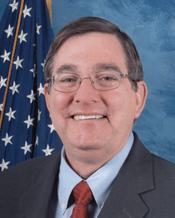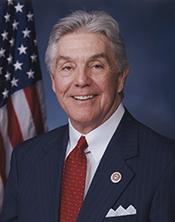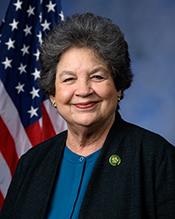H.R. 1051: To amend the Federal Food, Drug, and Cosmetic Act to allow for the approval of an abbreviated new drug application submitted by a subsequent applicant in the case of a failure by a first applicant to commence commercial marketing within a certain period, and for other purposes.
This bill proposes changes to the Federal Food, Drug, and Cosmetic Act specifically regarding the approval process for new drug applications. The key points of the bill include:
1. Modifications to the Approval Process for New Drugs
The bill allows for a subsequent applicant (a company that wants to market a new drug) to apply for approval of an abbreviated new drug application if the first applicant (the initial company that applied for the same drug) fails to start selling the drug within a specific time frame.
2. 180-Day Exclusivity Period
The bill modifies the existing 180-day exclusivity period for the first applicant. This period is meant to give the first applicant a competitive advantage once their drug is approved. The changes allow the Secretary of Health and Human Services to approve an application from a subsequent applicant if:
- The subsequent applicant can prove they intend to market the drug within 75 days after their application is approved.
- At least 33 months have passed since at least one first application for the drug was submitted.
- There are no other factors preventing the approval of the subsequent application.
- No effective approval has been granted to any first applicant by the time all the aforementioned conditions are met.
3. Special Forfeiture Rule
The bill introduces a special forfeiture rule, stating that if a subsequent applicant does not start marketing the drug within the 75-day period after approval, their application will lose effective approval. However, if they notify the relevant authorities that an unforeseen event prevented them from starting commercial marketing within the time frame, they may still be eligible for subsequent approvals once they resolve the issue.
4. Applicability
The changes would only apply to new applications submitted after the enactment of this bill that do not include certain prior certifications regarding the drug in question.
Relevant Companies
- PFE (Pfizer Inc.) - As a major pharmaceutical company, Pfizer could be impacted by increased competition from subsequent applicants if they do not commercialize their drugs quickly enough.
- ABBV (AbbVie Inc.) - Similar to Pfizer, AbbVie could face challenges in maintaining market exclusivity for its drugs if competitors can enter the market more readily under the new regulations.
- NVS (Novartis AG) - Novartis may also be affected as the bill could alter the competitive landscape for their drug products, allowing quicker market access for alternative versions.
This is an AI-generated summary of the bill text. There may be mistakes.
Sponsors
1 sponsor
Actions
2 actions
| Date | Action |
|---|---|
| Feb. 06, 2025 | Introduced in House |
| Feb. 06, 2025 | Referred to the House Committee on Energy and Commerce. |
Corporate Lobbying
0 companies lobbying
None found.
* Note that there can be significant delays in lobbying disclosures, and our data may be incomplete.
